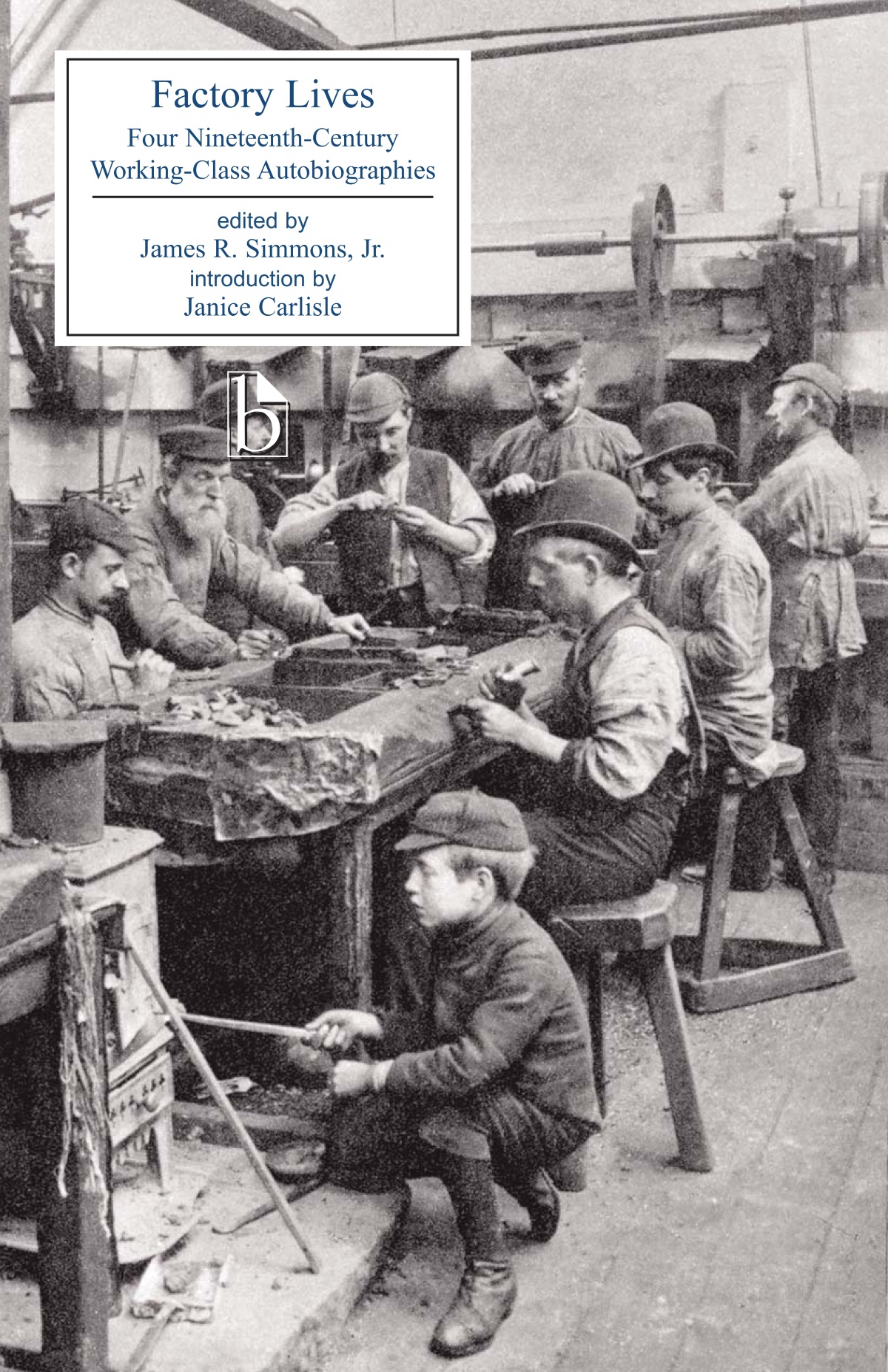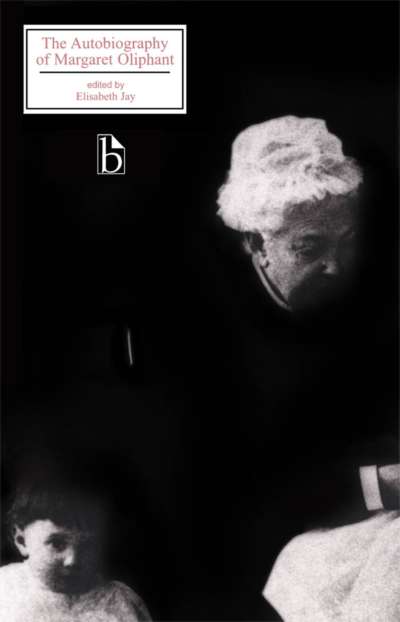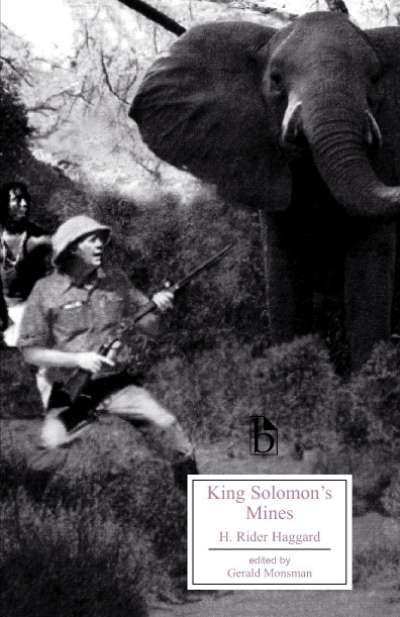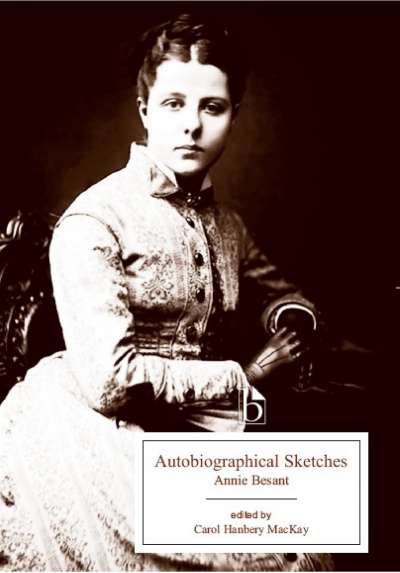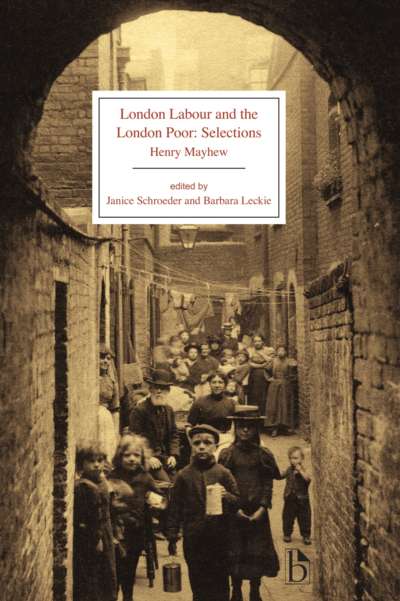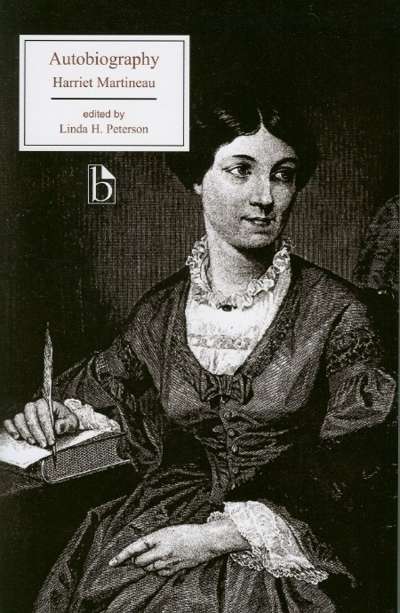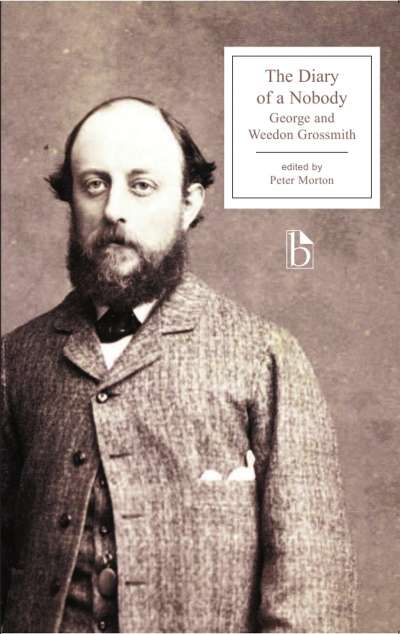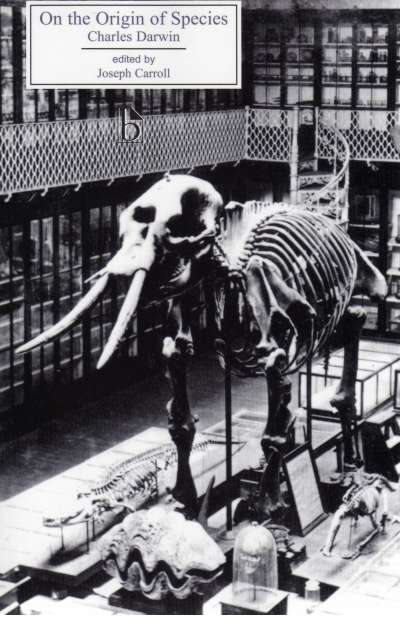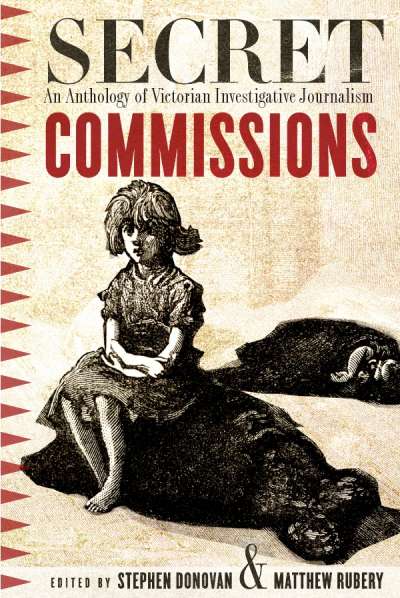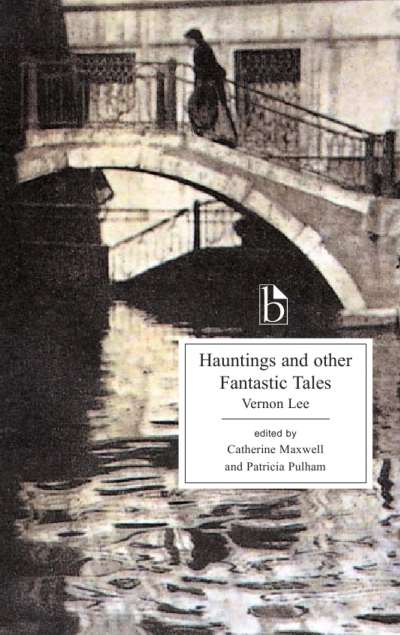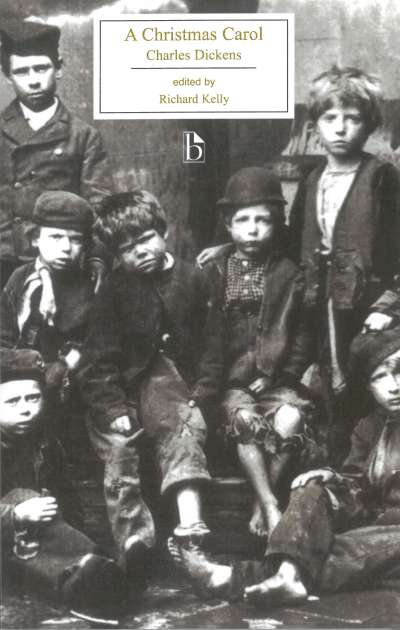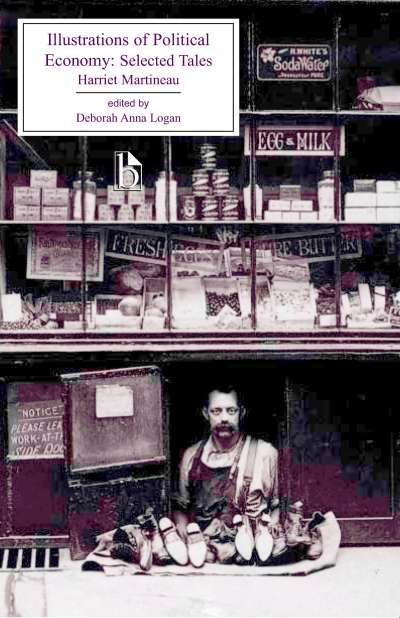Factory Lives contains four works of great importance in the field of nineteenth-century working-class autobiography: John Brown’s A Memoir of Robert Blincoe; William Dodd’s A Narrative of the Experience and Sufferings of William Dodd; Ellen Johnston’s “Autobiography”; and James Myles’s Chapters in the Life of a Dundee Factory Boy.
This Broadview edition also includes a remarkably rich selection of historical documents that provide context for these works. Appendices include contemporary responses to the autobiographies, debates on factory legislation, transcripts of testimony given before parliamentary committees on child labour, and excerpts from literary works on factory life by Harriet Martineau, Frances Trollope, and Elizabeth Barrett Browning, among others.
Comments
“Factory Lives is a wonderful and wonderfully affordable resource for anyone who teaches British nineteenth-century literature, culture, or history. The text does a real service by providing a representative sampling of working-class autobiographies from this period. The engagingly learned introduction by Janice Carlisle provides a rich and wide-ranging contextualization that will help teachers and students approach these texts from a variety of theoretical and disciplinary angles. I cannot imagine teaching a course on the Condition of England novel without including this collection on my reading list.” — Elaine Hadley, University of Chicago
“This eye-opening edition of working-class autobiographies written by men and women who labored in the harsh industrial system of Victorian Britain is a useful addition to our understanding of the era’s full human costs in terms of physical and psychological suffering. It is an engaging emotional experience to read these carefully selected accounts of individuals working long hours in the mills and factories. The collection of official reports and legislative documents that attempted to bring social reforms places these autobiographies in their full and proper historical and political contexts. An added bonus of the edition is the inclusion of a range of contemporary poetry and fiction on industrial life.” — William B. Thesing, University of South Carolina
Acknowledgements
Introduction, Janice Carlisle
Significant Nineteenth-Century Factory Legislation
and Factory Literature: A Brief Chronology
A Note on the Text, Elizabeth Reed
John Brown, A Memoir of Robert Blincoe, An Orphan Boy (1832)
William Dodd, A Narrative of the Experience and Sufferings of William Dodd, A Factory Cripple.Written by Himself (1841)
James Myles, Chapters in the Life of a Dundee Factory Boy (1850)
Ellen Johnston, “Autobiography of Ellen Johnston, ‘The Factory Girl’” (1867) and “Autobiography” (1869)
Appendix A: Contemporary Perspectives on A Memoir of Robert Blincoe
- A Correspondent to The Lion, “Confirmation of the Memoir of Robert Blincoe” (14 March 1828)
- A Friend at Manchester, “Confirmation of Blincoe’s Printed Memoir By Himself” (28 March 1828)
- Robert Blincoe,Testimony before the 1833 Royal Commission on the Employment of Children in Factories
- Substantive Changes in Doherty’s 1832 Edition of the Memoir
Appendix B: Contemporary Perspectives on William Dodd’s Narrative
- Lord Ashley and John Bright, from the debate of 15 March 1844, House of Commons
- William Dodd, from The Laboring Classes of England (1847)
Appendix C: Contemporary Perspectives on Myles’s Chapters in the Life of a Dundee Factory Boy
- James Myles, from Rambles in Forfarshire (1850)
- William Norrie, from Dundee Celebrities of the Nineteenth Century (1873): James Myles, Robert Nicoll, and William Jackson
Appendix D: Contemporary Perspectives on Johnston’s “Autobiography”: Selected Poems from Autobiography, Poems and Songs of Ellen Johnston,The “Factory Girl” (1867 and 1869)
- “The Working Man”
- “Kennedy’s Dear Mill”
- “An Address to Napiers’ Dockyard”
- “Lord Raglan’s Address to the Allied Armies”
- “The Last Sark”
- “To my Aunt Phemie”
- “An Address to Nature on its Cruelty”
- “Lines to Mr James Dorward”
- “Lines by Edith to the Factory Girl”
- “The Factory Girl’s Reply to ‘Lines by Edith’”
- “The Factory Girl’s Reply to Edith”
- “Lines to Mr G.D. Russell”
- “The Last Lay of ‘The Factory Girl’”
Appendix E: Contemporary Documents: Parliamentary Testimony as Autobiography
- Charles Aberdeen,Testimony before the 1832 Committee on the Labour of Children in Factories
- Elizabeth Bentley,Testimony before the 1832 Committee on the Labour of Children in Factories
Appendix F: Factory Life: Contemporary Views
- Harriet Martineau, from A Manchester Strike (1832)
- Andrew Ure, from The Philosophy of Manufactures
(1835)
- From The Young Folks of the Factory (1840)
- Frances Trollope, from Michael Armstrong (1840)
- Elizabeth Barrett Browning, “The Cry of the Children”
(1843)
- R. Arthur Arnold, from The History of the Cotton Famine
(1864)
Appendix G: Factory Legislation: Contemporary Views
- Richard Oastler, “The White Slaves of Yorkshire” (1830)
- Caroline Norton, A Voice from the Factories (1836)
- John Fielden, from The Curse of the Factory System
(1836)
- Robert Hyde Greg, from The Factory Question and the “Ten Hours Bill” (1837)
- Frances Trollope, from Michael Armstrong (1840)
- Charlotte Elizabeth Tonna, from Helen Fleetwood (1841)
Select Bibliography
James R. Simmons, Jr. is Associate Professor of English at Louisiana Tech University.
Janice Carlisle is Professor of English at Yale University.

